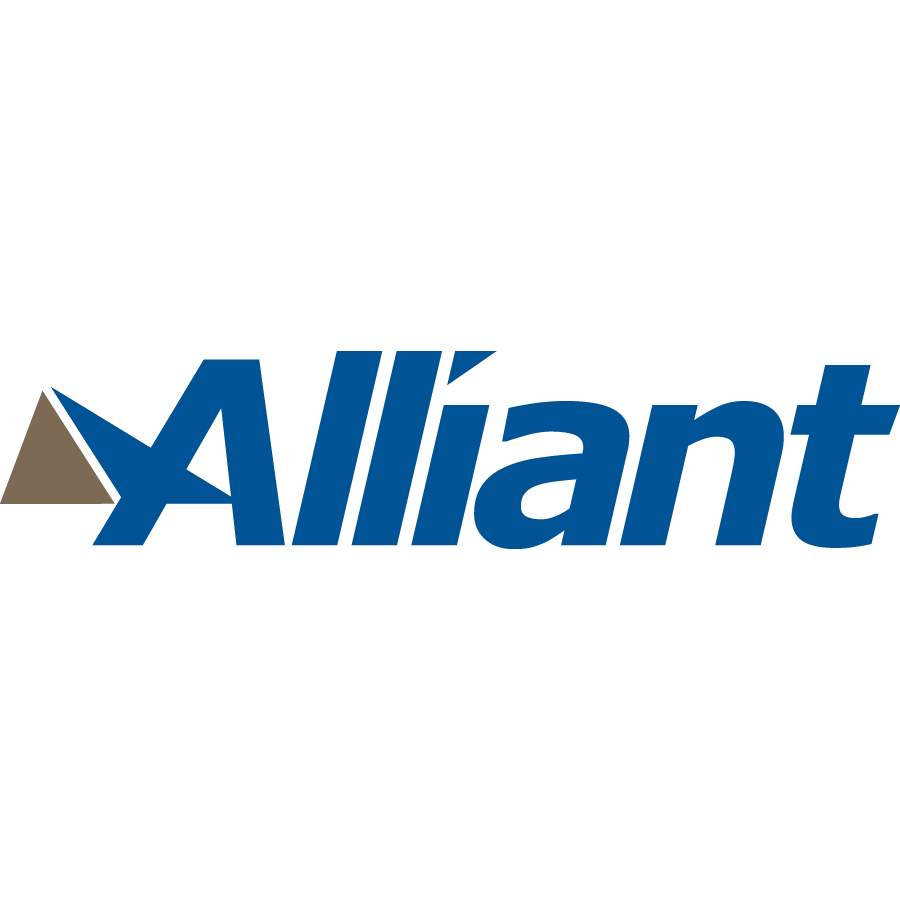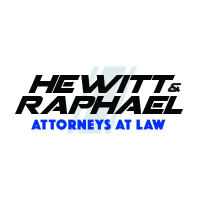I was thoroughly enjoying the August SCAHRM Risk Management Roundtable when a question came up about what various healthcare organizations were doing with Covid-19 vaccinations: Not only the mandate for vaccinations and its close kissing cousin, masks (everyone on the roundtable had these mandates in place), but what about exemptions to the mandates, particularly religious? Try as might in an online forum to “fly under the radar” the group turned to me and said, “hey you’re a Risk Ethicist, what do you have to say about religious exemptions for Covid-19?” I say this question should be turfed to HR with a Chaplaincy twist. Done! Now I can go back to finishing my dissertation and the safety of the classroom!! To which the group said, “please Uncle Andy, help us.” Thus, this Source newsletter will be divided into three parts:
Briefly (because I didn’t go to law school) I learned in my Public Health graduate program, that first and foremost the supreme law of the land is the US Constitution. So, one could conclude that Public Health or at last the word health is all over the US Constitution: WRONG! The words Health or Public Health do not appear, but are implied, i.e., Life Liberty, and Pursuit of Happiness, and specifically Public Health police powers are also implied under Article 1, Section 8: Interstate Commerce and Taxation + Spending; and the General Welfare clause. However, The 10th Amendment is more on point in that it enumerates the powers of the state, “The powers not delegated to the United States by the Constitution, nor prohibited by it to the states, are reserved to the states respectively, or to the people.”
What about the states who do not exercise their public health powers? Federal regulation: 42 C.F.R. § 70.2 (Aug. 16, 2020), states:
Whenever the director of the Center for Disease Control and Prevention determines that measures taken by health authorities of any state or possession (including political subdivisions thereof) are inefficient to prevent the spread of any communicable disease from such state or possession to any other state or possession, he/she may take measures to prevent such spread of the disease as each he/she deems reasonably necessary…(1)
The above is Federal, but what about California? California was the first state to mandate vaccinations for healthcare workers:
Employees of hospitals, nursing homes, doctors’ offices, clinics, and other medical facilities have until September 30, 2021, to get at least one dose of the vaccination, under the new order issued by Dr. Tomás J. Aragón, California’s public health officer (2)
California Health & Safety Code § 120365 (through 2012 Leg Sess) is also on point as to schools. This section eliminates the exemption from existing specified immunization requirements based upon personal beliefs but would allow exemption from future immunization requirements deemed appropriate by the State Department of Public Health for either medical reasons or personal opinions. The Statute then lists 10 diseases that school children need to be vaccinated for. As to Covid 19 for school-age children 12 years or older:
Any other disease deemed appropriate by the department, taking into consideration the recommendations of the Advisory Committee on Immunization Practices of the United States Department of Health and Human Services, the American Academy of Pediatrics, and the American Academy of Family Physicians.(3)
UC Law Professor and Dean (Berkley) Erwin Chemerinsky in a recent LA Times OP Ed, article stated:.
No law requires such a religious exemption. In terms of free exercise of religion under the 1st Amendment, the Supreme Court ruled more than 30 years ago in Employment Division vs. Smith (494 US 872)-307 Or. 68, 763 P.2d 146,) that the Constitution does not require exceptions to general laws for religious beliefs. In an opinion by Justice Antonin Scalia, the court said that as long as a law is neutral, not motivated by a desire to interfere with religion and of general applicability to all individuals, it cannot be challenged based on free exercise of religion.(4)
In terms of medical exemptions from vaccinations it is my non-lawyer understanding that employers, through their HR departments, should not question a medical exemption written by a medical professional, unless the organization is willing to bring their own “Medical Expert” (this isn’t a medical malpractice case) from their medical staff to refute the basis for the medical exemption medically.
The short bioethical reason healthcare enterprises, professionals, and the entire healthcare delivery system has a moral and ethical duty/imperative to mandate masks and vaccinations is to protect health and lives. In terms of Principlist Ethics, or the “big four” principles of autonomy, beneficence, non-maleficence and justice; vaccination provides a benefit (beneficence), that outweighs any miniscule risks or harm (non-maleficence). In terms of the principle ethic of justice, the vaccine is offered to all free of charge (distributive justice) and those that do not get vaccinated put society and those who cannot get vaccinated, such as children < 12 years of age and truly medically exempted, AT RISK not to mention themselves. Ethically, justice in terms of the later is sounded in the familiar moral question, “Does the good of the many outweigh the good, or in the case of Covid vaccinations, the personal freedoms or liberty of the few? The answer from a public health and ethical, and I believe from a legal perspective is a resounding No. We have had mandatory vaccination for decades. When is the last time you saw someone in your hospital with Polio or Smallpox? The last three principle ethics are on point for mandatory vaccination.
This leaves us with the principle ethic of autonomy/ personal freedom or liberty interests. From a public health and ethical perspective your autonomy or freedom of choices stops when it endangers others, just as you can make a choice to drive intoxicated, but will be held accountable for injury/death to others. The ethical duty to maintain health and protect lives is similar to the general welfare clause and life, liberty, and the pursuant of happiness as stated above in the US Constitution.
However, the employer can and should push back (and probably ultimately choose to reject) a claimed religious exemption. I base this opinion not as a risk manager but as a bioethicist. Like SCAHRM, I belong to a Southern California bioethics group: The SCBCC or “Southern California Bioethics Committee Consortium.” This group discussed the vaccine exemption question recently. The Medical exemption was addressed above. In terms of religious exemption, the following quote from the list serve sums it up:
People (healthcare workers) are downloading generic letters from clergy or suggested statements about why they personally cannot get vaccinated for religious reasons. Some are using the aborted fetal cell line argument (e.g., that by getting a vaccine where such a cell line from the 1970s or 1980s was used in initial research for mRNA vaccines, you are somehow condoning or promoting abortion) that most organized religions have rejected.(5)
The Los Angeles County Department of Health has a flier on this subject entitled: COVID-19 VACCINE AND FETAL CELL LINES. I highly recommend reviewing this information (see reference #6). One excerpt, among many, debunks the religious prohibition:
The Pfizer and Moderna vaccines were found to be ethically uncontroversial by the pro-life policy organization: the Charlotte Lozier Institute. Further, the Secretariat of Pro-Life Activities, a committee within the United States Conference of Catholic Bishops, has stated: “neither Pfizer nor Moderna used an abortion-derived cell line in the development or production of the vaccine. However, such a cell line was used to test the efficacy of both vaccines. Thus, while neither vaccine is completely free from any use of abortion-derived cell lines, in these two cases, the use is very remote from the initial evil of the abortion…one may receive any of the clinically recommended vaccines in good conscience with the assurance that reception of such vaccines does not involve immoral cooperation in abortion. (6)
Based on the foregoing, I have the following Risk Management/Bioethics or “Enterprise Bioethics” recommendations for your consideration and also to be operationalized/customized based on your organization’s specific needs, Culture and Mission:
Stated differently, it is unethical to put a vaccinated patient at the front of the line over an unvaccinated patient, for a scarce resource, such as an ICU bed, because the unvaccinated patient made a personal choice to not get vaccinated. We do not refuse to treat intoxicated MVA (motor vehicle accident) patients. Personal patient choices are NOT a triage criterion.
 “Uncle Andy” aka Andrew A. Oppenberg, DPS(c), MPH, CPHRM, DFASHRM has decades of experience in risk management/patient safety, bioethics and eight years of various clinical and medical research arenas. Andy is a Professor (lecturer) in Health Sciences at California State University, Northridge and teaches courses in Health Law, Health and Hospital Administration, Public Health and Biomedical Ethics. Andy’s consultancy firm: Asclepius Healthcare focuses on Enterprise Risk Management, Patient Safety, IRB Human Subjects Research, CME and Bioethics. Andy is a Doctoral candidate in Bioethics, Ethics and Public Policy at the Allen March Bioethics Institute at the Albany Medical College. Andy is Past President of both SCAHRM and ASHRM. He was ASHRM’s first Member Editor for its award-winning Journal of Healthcare Risk Management. In 2015, Andy received ASHRM’s Distinguished Service Award (DSA). He has twice received SCAHRM’s Most Viable Contributions to the Field for lifetime achievement. Andy has written more than 15 articles on enterprise risk management, patient safety and bioethical topics that have been published in various Medical/healthcare peer reviewed journals and textbook chapters including his latest 2021 Medical textbook Chapter: “Bioethical and Risk Management Issues In Liver Transplantation.”
“Uncle Andy” aka Andrew A. Oppenberg, DPS(c), MPH, CPHRM, DFASHRM has decades of experience in risk management/patient safety, bioethics and eight years of various clinical and medical research arenas. Andy is a Professor (lecturer) in Health Sciences at California State University, Northridge and teaches courses in Health Law, Health and Hospital Administration, Public Health and Biomedical Ethics. Andy’s consultancy firm: Asclepius Healthcare focuses on Enterprise Risk Management, Patient Safety, IRB Human Subjects Research, CME and Bioethics. Andy is a Doctoral candidate in Bioethics, Ethics and Public Policy at the Allen March Bioethics Institute at the Albany Medical College. Andy is Past President of both SCAHRM and ASHRM. He was ASHRM’s first Member Editor for its award-winning Journal of Healthcare Risk Management. In 2015, Andy received ASHRM’s Distinguished Service Award (DSA). He has twice received SCAHRM’s Most Viable Contributions to the Field for lifetime achievement. Andy has written more than 15 articles on enterprise risk management, patient safety and bioethical topics that have been published in various Medical/healthcare peer reviewed journals and textbook chapters including his latest 2021 Medical textbook Chapter: “Bioethical and Risk Management Issues In Liver Transplantation.”























